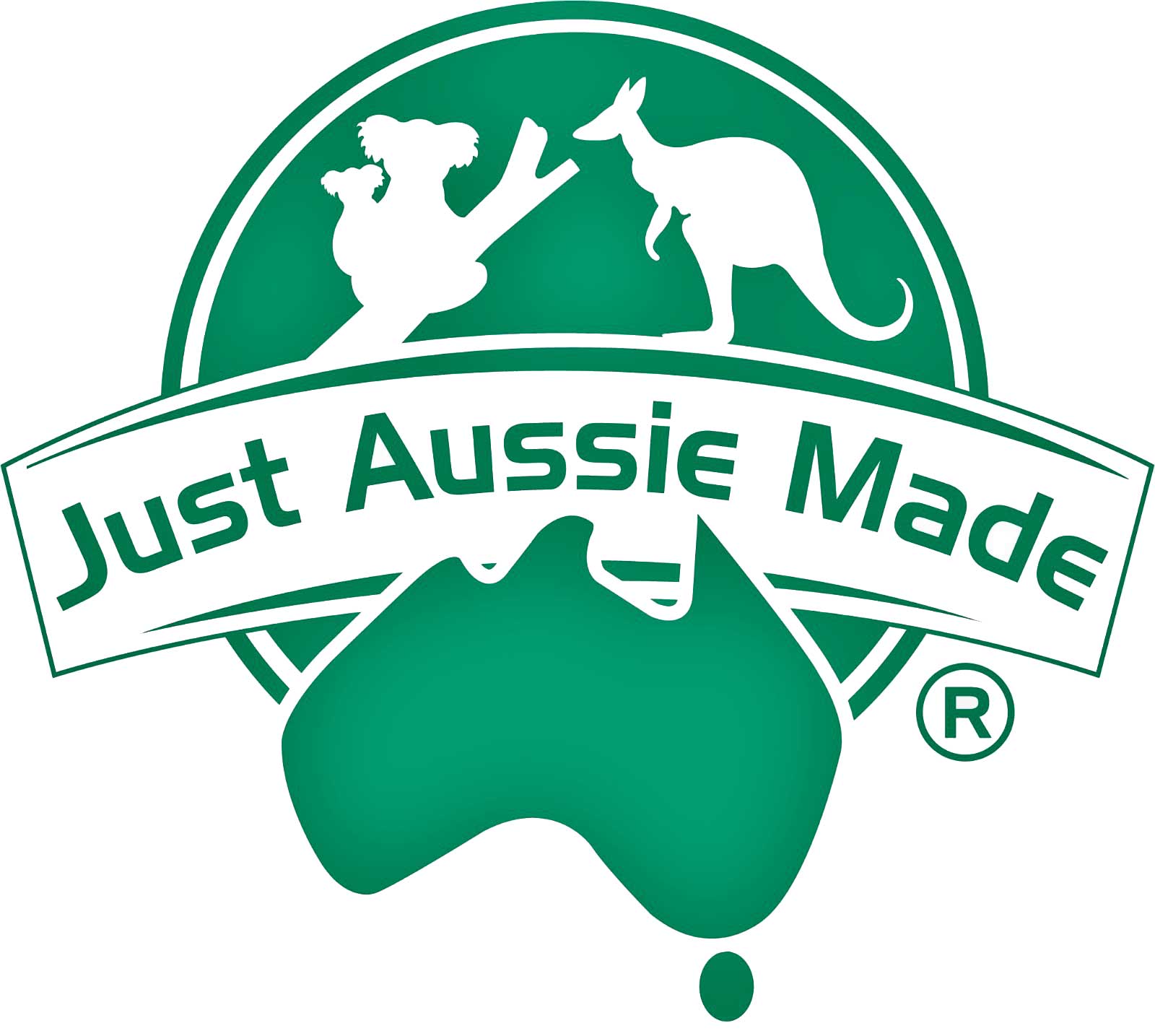Lisa
Here is a real Australian having a go with true Aussie grit.
Lisa Lines from Infused Catering…we salute you!
Lisa is a mother of 3 originally from Melbourne. Together with her husband, they chose to move to Deniliquin in country NSW around ten years ago. It is heart-warming to hear Lisa talk about the small, diverse, and caring rural community that she lives in.
While pregnant to her youngest she had to spend over 3 months in an interstate hospital fighting to survive. During this time, isolated from the rest of the family, Lisa had time to reflect and decided she had to follow a dream to set up her own restaurant.
So four months after leaving the hospital with a new baby, her husband Nathan left work to look after the kids so that Lisa could follow her dream and open ‘Infused’.
Within six months of operation, they had won the award for most outstanding new local business. In the past 18 months, the restaurant survived through winter, drought, bush fires, and finally Covid-19.
Most would have just given up, but not this lot. They persevered with a range of gluten-free products, all made in Australia, with no artificial additives.
They have some great gift packs with unique flavours suited to any occasion and will post Australia wide.
Welcome onboard the J.A.M Train Lisa.

Lindner Socks
Crookwell’s Lindner Socks is steeped in family history and family remains a cornerstone of their small, family business today.
Their socks are knitted by 10th generation sock maker, Andrew Lindner, on vintage machines brought to Australia when his parents Wilfred and Gisela Lindner first began operations in Goulburn in 1988.
These socks are made with Aussie merino wool, cotton, or a mix of both, and are tried and tested styles they’ve been making for over 30 years.
Lindner Socks also has a close connection to their local community, which grows some of the best quality merino wool and alpaca fibre in the world.
Their Tablelands and Luxury Collections are made with local merino wool and alpaca fibres. The socks, beanies and scarves in these collections are named after local towns and villages, as a nod to the farmers who grow the fleece and fibres.







